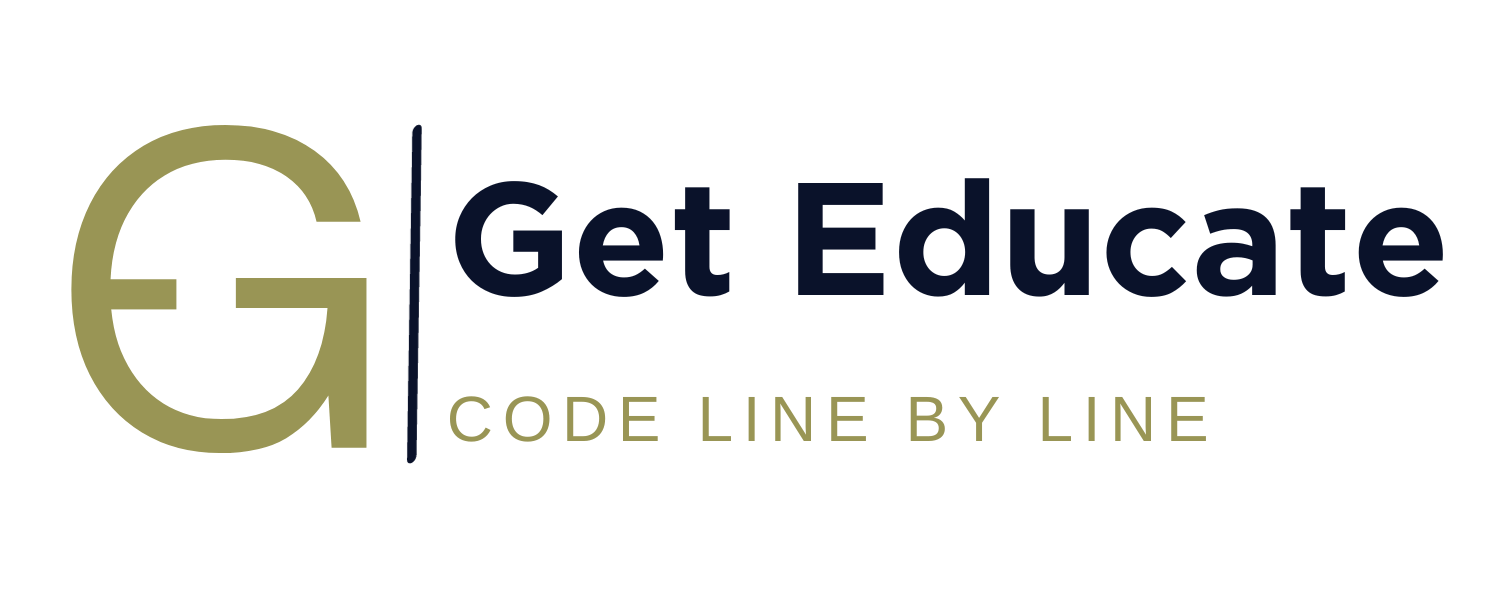⯈Algorithm and its Characteristics
⯈Elementary Problems
- Addition of two numbers
- Calculate area and circumference of circle
- Calculate area of triangle
- Calculate simple interest
- Calculate slope and distance between two points
- Convert length in feet to inches
- Weighted score in exam
- Convert temperature in degree Celsius to Fahrenheit
- Swap two numbers
- Swap two numbers without using extra variable
- Overview of C Programming Language
- Getting started with C Programming Language
- Keywords
- Identifiers
- Constants
- Operators
- Expression Evaluation
- Mathematical expression to C equivalent expressions
- Datatypes
- Variables
- Integer representation in C
- Character representation in C
- Type conversion in C
- sizeof operator
- Comments
- Mathematical Functions
- input output statements
- width specifiers in C
- structure of a C program
- header files
- Compilation process of a C program
- Types of initializations.
⯈Basic C Programs
- C program to add two numbers
- C program to find area and circumference of circle
- C program to swap two numbers
- C program to swap two numbers without using extra variable
- C program to swap two numbers using bitwise XOR
- C program to convert temperature in Celsius to Fahrenheit
- C program to calculate gross salary of an employee
- C program to count number of digits in a positive integer
- C program to count number of digits in binary representation
- C program to count number of digits in base ‘K’
- C program to convert kilometer to meter, feet, inches and centimeters
- C program to find first and last digit of a number
- C program to find minimum number of currency denominations
- C program to convert cartesian coordinates to polar coordinates
- C program to find distance between two places on earth in nautical miles
- C program to find slope and distance between two points
- C program to add 1 to the number using ‘+’ operator
- C program to find maximum of two numbers using ternary operator
- C program to find maximum of three numbers using ternary operator
- C program to find kth bit of a number
- C program to find last four bits of a byte
- C Program to reset right most set bit of a number
Assignment operator in C
- The operator for assignment is ‘=’.
- The other operators that we can use is +=, -=, *=, /=. %=, >>=, <<=, &=, ^=, |= (This is also called as shorthand notation)
- The general form is.
- LHS = RHS;
- Evaluate the RHS first and store the answer in the LHS variable.
- There cannot be any constant on the LHS of assignment.
- 4 = x is an error, it says store x in 4, which is mathematical error, we cannot update the value of constants.
- There cannot be any expressions on the LHS of assignment.
- a+b = c is an error, it says store c in a+b.
- There should be only one variable on the LHS of assignment.
Examples:
- a = 4, it says store the value of a in 4.
- a = b+c, store the value of b+c in a.
Multiple Assignment
We can initialize multiple values using the assignment operator.
a = b = c = 10;
In the above expression we have three assignment operators. The assignment operator has the associativity from RHS to LHS. Therefore we first execute c = 10. The value 10 is stored in ‘c’.
The next statement that gets executed is b = c, store the value c in b. Therefore b = 10.
The next statement that gets executed is a = b, store the value b in a. Therefore a = 10.
The following expression is invalid,
a = b = 4 = c;
Since, there is a constant on the LHS of the assignment operator.
Short-hand notation in C
If we have the expression as,
- a = a + b, then we can write it as, a+=b;
- a = a * b, can be written as a*=b;
- a = a>>b, can be written as a>>=b;
if a = 4, b = 5 and c = 6, then
a = a * b + c is NOT same as a*=b+c
a = a * b + c, says evaluate RHS first and store the answer in LHS.
a = 4 * 5 + 6 = 26
But,
a * = b+c, says evaluate b+c first, then multiply the answer with ‘a’
a * = 5 +6
a * = 11
a = 4 * 11 = 44
